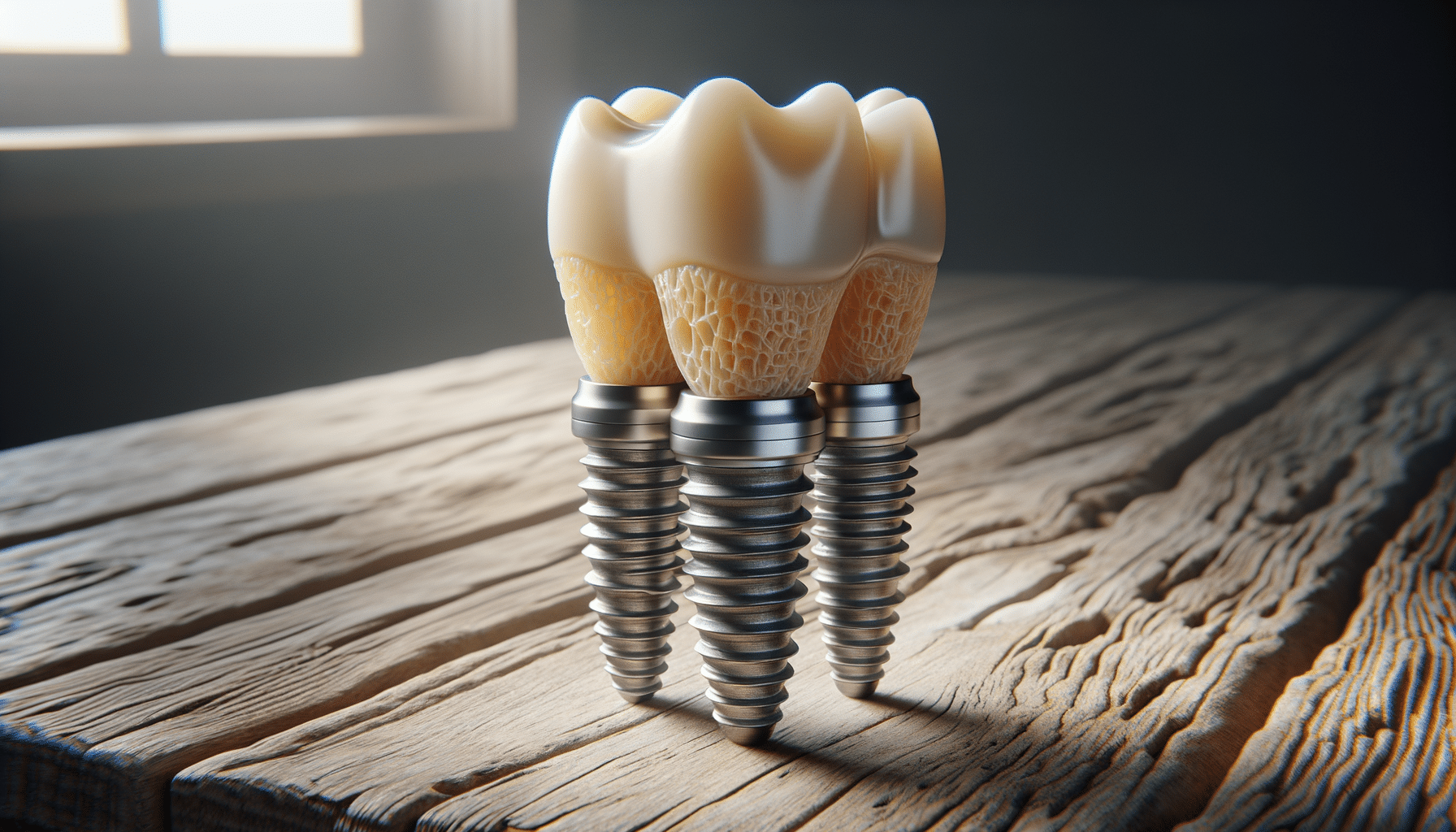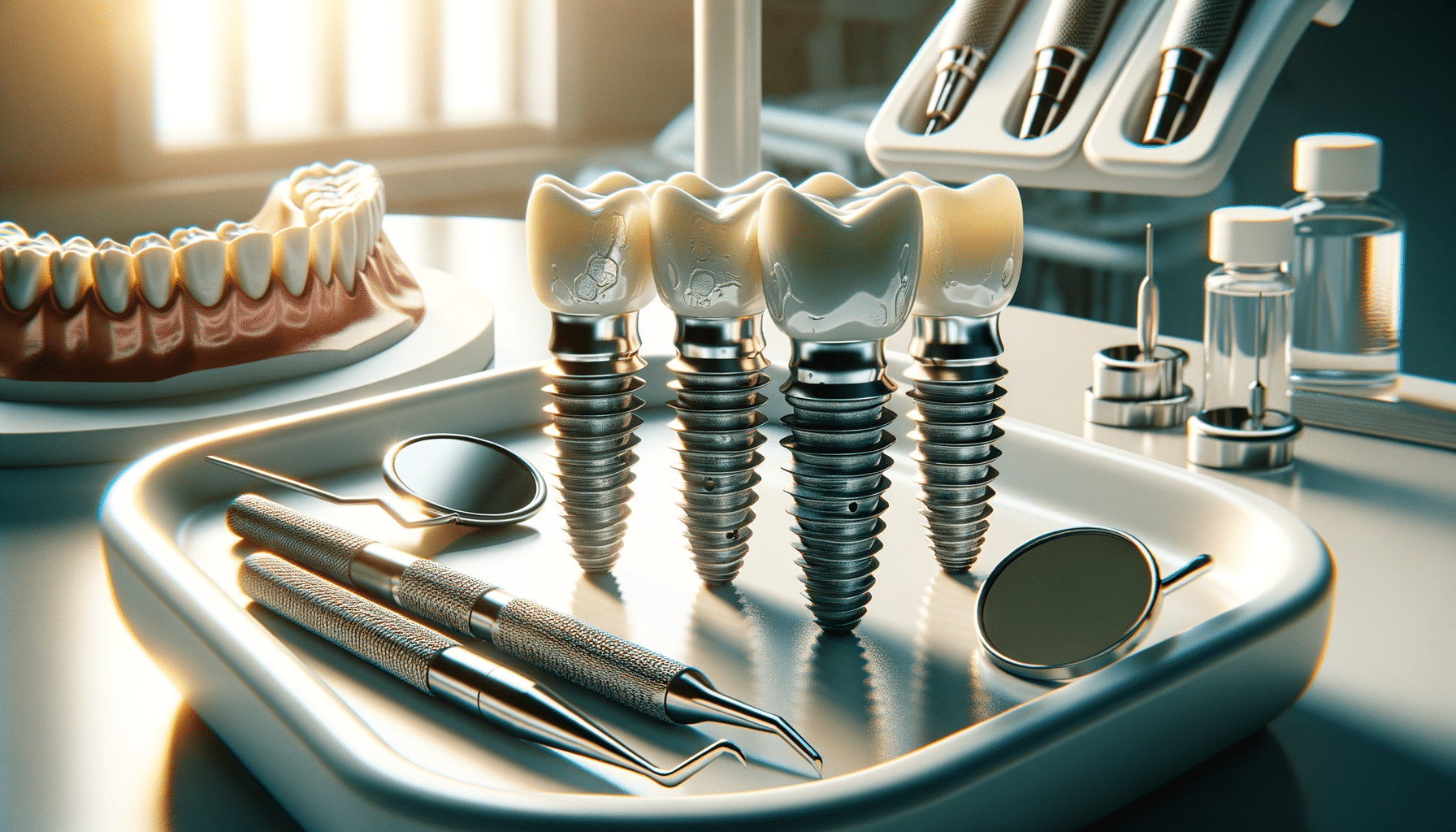
Exploring the World of Dental Implants: Options and Insights
Introduction to Dental Implants
In the realm of modern dentistry, dental implants have emerged as a revolutionary solution for tooth loss. Offering a durable and aesthetically pleasing alternative to traditional dentures, dental implants are designed to mimic natural teeth in both function and appearance. As dental health is crucial to overall well-being, understanding the intricacies of dental implants becomes increasingly relevant. This article delves into the various aspects of dental implants, including the different Dental Implants Options available, their benefits, and considerations for potential candidates.
The Anatomy of Dental Implants
Dental implants are composed of three primary components: the implant itself, the abutment, and the crown. The implant is a small titanium post that is surgically placed into the jawbone, serving as a replacement for the root of the missing tooth. Over time, the implant fuses with the bone in a process known as osseointegration, providing a stable foundation for the abutment and crown. The abutment acts as a connector, linking the implant to the crown, which is the visible part of the tooth. This structure not only ensures stability but also contributes to the natural look and feel of the implant.
There are various Dental Implants Options to consider, each tailored to specific needs and conditions. Some of the most common types include:
- Endosteal Implants: The most widely used type, these are placed directly into the jawbone and are suitable for patients with adequate bone density.
- Subperiosteal Implants: Positioned under the gum but above the jawbone, these are ideal for individuals with insufficient bone height.
- Zygomatic Implants: A less common option, these are anchored in the cheekbone and are used in cases of severe bone loss in the upper jaw.
Benefits of Choosing Dental Implants
Dental implants offer numerous advantages over traditional tooth replacement methods. One of the primary benefits is their durability. With proper care, implants can last a lifetime, making them a cost-effective long-term solution. Additionally, dental implants provide a natural look and feel, enhancing both the appearance and functionality of the mouth.
Another significant advantage is the preservation of jawbone health. When a tooth is lost, the jawbone can begin to deteriorate due to lack of stimulation. Implants mimic natural tooth roots, stimulating the bone and preventing further deterioration. This helps maintain facial structure and prevents the sunken appearance that can occur with prolonged tooth loss.
Moreover, dental implants do not require the alteration of adjacent teeth, as is necessary with bridges, preserving the integrity of surrounding teeth. This contributes to overall oral health and reduces the risk of future dental issues.
Considerations and Candidacy for Dental Implants
While dental implants are a viable option for many, certain factors must be considered to determine candidacy. Adequate bone density is crucial for supporting the implant, and patients must have healthy gums free from periodontal disease. Additionally, good oral hygiene practices and regular dental visits are essential for the success of the implant.
Age is generally not a limiting factor; however, candidates should have completed jawbone growth. Lifestyle habits, such as smoking, can influence the success rate of implants, as smoking can impede the healing process and increase the risk of implant failure.
Potential candidates should consult with a dental professional to discuss their specific needs and the most suitable Dental Implants Options. A thorough evaluation, including dental X-rays and a comprehensive oral examination, will help determine the best course of action.
Conclusion: The Future of Dental Implants
Dental implants continue to evolve, offering innovative solutions for those seeking to restore their smiles. As technology advances, new materials and techniques are being developed to enhance the efficacy and accessibility of implants. For individuals experiencing tooth loss, exploring Dental Implants Options with a qualified dental professional can lead to a transformative experience, improving not only oral health but also overall quality of life.
Understanding the benefits and considerations of dental implants empowers individuals to make informed decisions about their dental care, ensuring a healthier and more confident smile for years to come.


